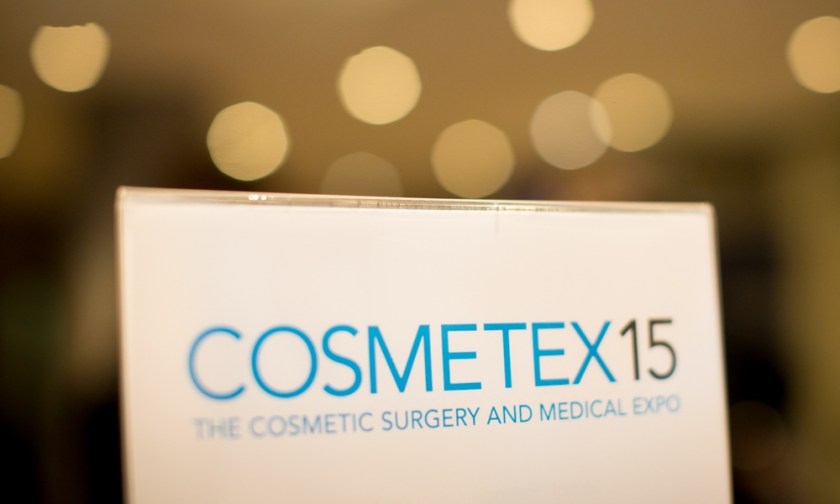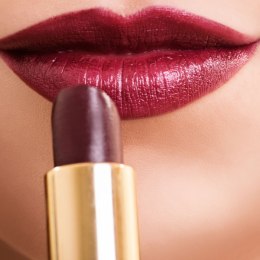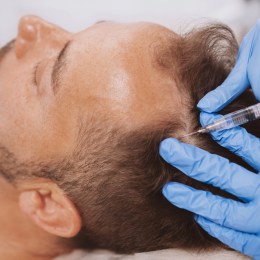Education, client satisfaction, and the role of the media: Cosmetex 2015 asked attendees to take a mindful approach in all they do — a lesson we can all learn from.
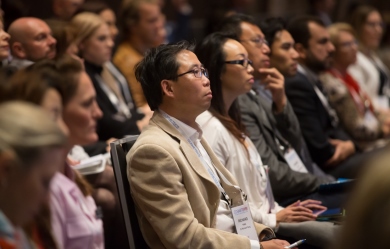 The 16th annual Cosmetex conference opened in Melbourne to an audience eager to discover the latest in cosmetic surgery and medicine. From cosmeceutical master classes to body contouring workshops, the latest on stem cell technology and advances in facial rejuvenation, presenters and attendees came with a global outlook to share and challenge each other’s views, all in the name of education.
The 16th annual Cosmetex conference opened in Melbourne to an audience eager to discover the latest in cosmetic surgery and medicine. From cosmeceutical master classes to body contouring workshops, the latest on stem cell technology and advances in facial rejuvenation, presenters and attendees came with a global outlook to share and challenge each other’s views, all in the name of education.
Opened by Chair Dr John Flynn, an immediate emphasis was placed on the importance of education. “Understand what you are doing, its causes and effects, read up on as many case studies as you can — we owe it to ourselves and to our staff,” said Dr Flynn who stressed that, although largely under regulated at present, regulation and change were on the horizon and that from IPL training to college accreditation, new standards would be seen across the cosmetic world.
Keynote Speaker, Dr Vivian Bucay, also asked attendees to remember their extensive training. “Aesthetics is medicine and we should never overlook it,” she said. “Health and beauty are not mutually exclusive. Clients will drive us to aesthetic ideals and outcomes but I feel we cannot give them what nature didn’t intend for them in extremes.”
Dr Bucay, who described a number of her case studies as ‘subtle’, remarked that it was important to never underestimate the level of success felt by the patient in this process of beautification.
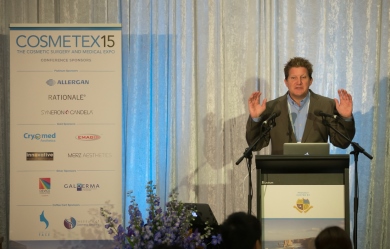
The emotional and subjective views of the client however have never been more under pressure than when viewed in relation to the media. In his talk How People See Themselves: How Media Drive the Aesthetic Patient World, Dr David Castle discussed the global, relentless pursuit of a perfect body image.
With no gender, nationality or age group, seemingly immune to media’s impact on perception of self, Dr Castle highlighted not only the growing number of cases of Body Dismorphic Disorder but that, more than ever, the industry needed to be equipped to deal with them.
“How we make and manufacture beauty, how we talk about appearance is important. The images we are subjected to daily have very likely been doctored through programs like Photoshop and this is increasingly intimidating for young people who, despite being technology-savvy, are in an ‘editing haze’. We thrive off a culture of celebrity worship and a yet there exists a counter-culture that picks on their very body faults,” Dr Castle explained.
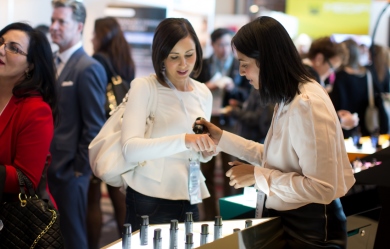 We have then, on the whole culturally, become uncomfortable with the age we have earned, the self, yet this continued connection of image and happiness, Dr Castle citing shows such as Extreme Makeover, distort our notion of inner and outer beauty where appearance has the power to dictate personality traits and an assumed way of living. A powerful combination that could be headed right through your door.
We have then, on the whole culturally, become uncomfortable with the age we have earned, the self, yet this continued connection of image and happiness, Dr Castle citing shows such as Extreme Makeover, distort our notion of inner and outer beauty where appearance has the power to dictate personality traits and an assumed way of living. A powerful combination that could be headed right through your door.
“Rates of body dissatisfaction are on the rise in both men and women. We need to be careful and aware of the expectation of clients,” said Dr Castle, who lastly added that just as practitioners are equipped to say yes to client procedures, they also have the power to say no.

